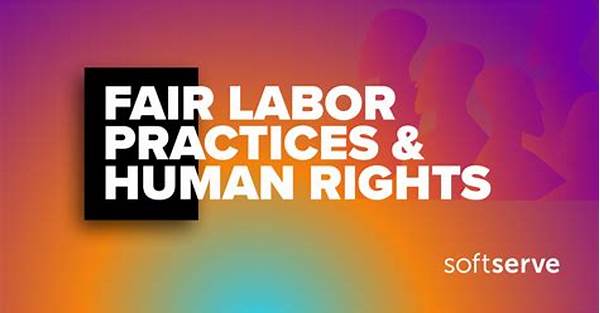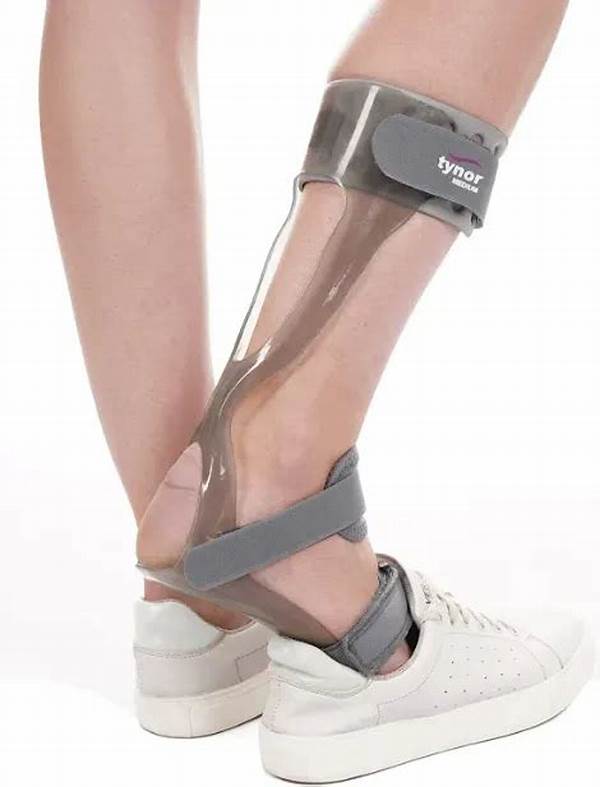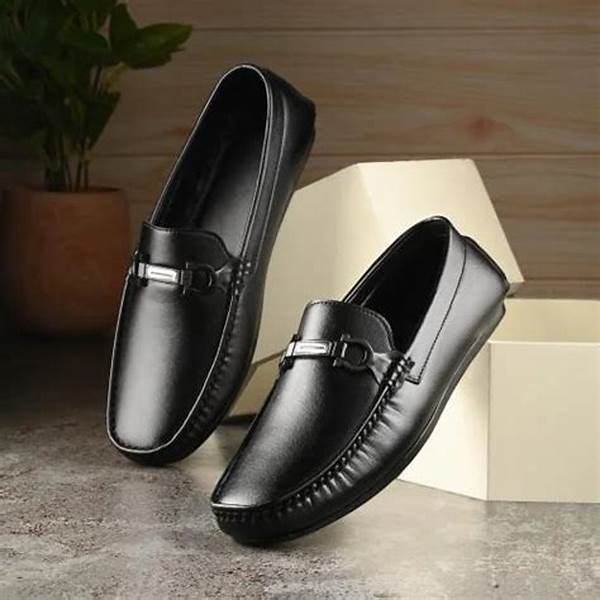Hey there, fellow readers! Have you ever stopped to think about the shoes you’re wearing right now? We all love a good pair of kicks, but have you ever wondered what goes into making them? More importantly, the people who help craft these shoe masterpieces deserve fair conditions too, right? Today, let’s dive into the importance of fair labor practices in shoemaking and why it matters more than you might think.
Read Now : Lightweight Responsive Cushion Engineering
The Importance of Fair Labor Practices
Shoemaking is an art, but the people behind this craft often face challenging conditions. From long hours to inadequate wages, workers in the shoe industry worldwide can face unfair practices. It’s crucial for companies to recognize the importance of fair labor practices in shoemaking. Not only do these practices ensure workers are treated with dignity, but they also enhance the quality of the products. Fair labor practices in shoemaking mean fair wages, reasonable hours, and safe working conditions. Imagine being able to wear your favorite sneakers knowing they were made without exploiting someone. Supporting companies that prioritize these practices benefits not just the workers but also gives you, the consumer, the satisfaction of ethical fashion choices.
By understanding the importance of fair labor practices in shoemaking, consumers can also play a pivotal role. When shoppers start asking questions and demanding transparency, it pushes manufacturers to be more accountable. The power of purchasing choices can’t be underestimated. If we all demanded ethical practices, think about the industry-wide change we could drive! So next time you’re eyeing those trendy shoes, why not do a quick check to see if they come from brands that prioritize the people making them? Fashion with a conscience isn’t just a trend; it’s a movement we all need to join.
Why Brands Need to Adopt Fair Practices
1. Increased Consumer Trust: Fair labor practices in shoemaking can significantly boost consumer trust and brand loyalty.
2. Better Working Environment: Ensuring fair labor practices in shoemaking means workers enjoy safer and more productive environments.
3. Quality Products: Workers treated fairly are often more motivated, leading to higher quality shoemaking.
4. Positive Brand Image: Adopting fair labor practices in shoemaking enhances the brand’s public image.
5. Economic Benefits: Fair labor practices in shoemaking can lead to improved economic conditions for workers, benefiting communities.
Challenges in Implementing Fair Practices
Despite the awareness and growing demand for fair labor practices in shoemaking, the industry still faces challenges. Many factories are located in countries where labor laws might not be stringent or are not enforced. This often makes it hard for brands to ensure that all their suppliers adhere to strict standards. Moreover, implementing fair practices can sometimes drive up costs, leading brands to struggle balancing ethical practices with economic viability.
However, the benefits far outweigh the challenges. Brands that commit to fair labor practices in shoemaking often find that the positive consumer perception and increased loyalty make it worth the effort. It’s not just about being a responsible company; it’s about doing right by the people who make the products. Ethical practices can indeed lead to a win-win situation for everyone involved.
Approaches to Promote Fair Practices
1. Education and Training: Manufacturers can educate workers about their rights and provide essential training.
2. Certification Systems: Implementing certification for fair labor practices in shoemaking can help ensure compliance.
3. Transparent Supply Chains: Brands can promote honesty by making their supply chains transparent.
4. Partnerships and Collaborations: Collaborations with NGOs can be vital to promoting fair labor practices.
Read Now : Roomy Toe Box Shoes Reviews
5. Consumer Advocacy: Encouraging consumers to demand fair labor practices can pressure brands to adopt ethical standards.
6. Regular Audits: Conducting audits can ensure ongoing compliance to fair labor practices.
7. Government Involvement: Governments can be involved in setting regulations for fair labor.
8. Worker Feedback: Establish channels for workers to report abuses safely.
9. Innovation in Processes: Develop innovative manufacturing processes that uphold fair practices.
10. Fair-Wage Initiatives: Advocate for fair wage policies within the industry.
Sustainable Shoemaking and Fair Labor
Sustainability in shoemaking goes hand in hand with fair labor practices. When we talk about sustainable fashion today, it’s not just about eco-friendly materials but also ethical manufacturing processes. Fair labor practices in shoemaking ensure the people behind the sustainable products are as cared for as the environment. Consumers are becoming more eco-conscious, and they demand more than just a pretty product. They want to know the brands they buy from respect both people and the planet.
When brands align themselves with sustainable and ethical practices, they not only contribute positively to the environment but also to society. This dual focus can set a brand apart and build a loyal community of conscious consumers. As savvy shoppers increasingly choose products that reflect their values, brands have the opportunity to be part of this positive shift. So, every step towards supporting fair labor practices in shoemaking is a step towards a more equitable and sustainable future.
Taking Action for Change
Let’s not just talk about fair labor practices in shoemaking — let’s act! We, as consumers, have more power than we realize. By favoring brands committed to fair practices, we send a strong message. Start small, maybe with your next shoe purchase. Look for labels and certifications that assure fair labor practices. Check out brand websites or ask questions on social media about how their products are made. Every question and every purchase counts. Companies are listening, and the call for ethical production is growing louder.
Together we can champion fair labor practices in shoemaking and encourage a more ethical industry. By supporting brands that do right by their workers, we’re also advocating for a better world. Let’s walk the talk, one ethical step at a time!
Conclusion
In a world where fast fashion often trumps fairness, fair labor practices in shoemaking are more critical than ever. By advocating for better practices, we not only protect workers but also nourish a more conscientious consumer landscape. The craftsmanship behind our favorite footwear deserves to be honored, and this recognition starts with fair labor. As we continue to push this narrative and demand accountability from brands, we move towards a more just and ethical world. Each stride we make in our ethical shoes bears testimony to the change we’re embracing. So, next time you lace up, remember the story behind the soles, and step forward with purpose.




